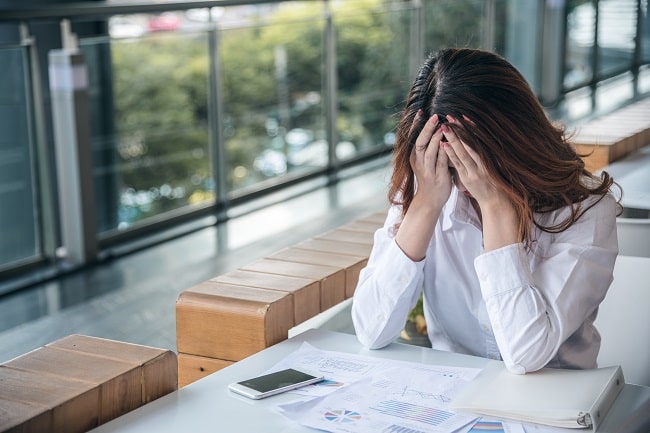You can feel overwhelmed and powerless when you suffer from Social Anxiety Disorder (SAD). But there are treatments available to help you manage it. These condition-specific treatments have been proven to help reduce symptoms and improve quality of life. Social anxiety disorder Flowood can be treated with various therapies, medications, or a combination of both.

The condition entails more than just feeling nervous in social situations. With SAD, you may feel intense fear or dread when in a public place, to the point that it becomes disabling and interferes with your daily life.
When you visit a doctor for a diagnosis, they will assess your symptoms and medical and family history. Depending on the results of this assessment, you may be referred to a mental health specialist for psychotherapy or medication treatment.
Causes of social anxiety disorder
These are the causes you need to know:
- Genetics: You may be more likely to develop SAD if a close family member also suffers.
- Neurotransmission: Your brain may have difficulty regulating certain chemical signals, including serotonin and dopamine.
- Environment: Negative experiences during childhood or adolescence can lead to the development of SAD.
There are different types of social anxiety, including:
- Performance anxiety: You may feel anxious when you are required to speak or perform in front of a group.
- Interpersonal anxiety is the fear of forming relationships with others or letting them get too close.
- Situational anxiety: You may experience extreme anxiety when faced with unfamiliar social situations.
- Reactive anxiety: This type of anxiety is triggered by feeling judged or criticized in a social environment.
These are the treatment options you should know:
Psychotherapy
Psychotherapy, also known as talk therapy, is the core treatment for SAD. It involves talking to a mental health professional such as a psychologist or psychiatrist, about your thoughts and feelings. The goal is to identify and challenge the negative thinking patterns associated with your anxiety.
Cognitive behavioral therapy (CBT)
CBT is a form of psychotherapy aiming to alter negative thoughts and behavior patterns. You learn how to identify and resist illogical thoughts during CBT. This enables you to respond appropriately and more confidently in stressful situations.
Medication
In some cases, medications may be prescribed to help manage the symptoms of SAD. Commonly prescribed medications include selective serotonin reuptake inhibitors (SSRIs), which help regulate serotonin levels in your brain. Beta-blockers, such as propranolol, can also reduce the physical symptoms of anxiety, such as a racing heart and trembling hands.
Lifestyle changes
A healthy lifestyle can help you manage your anxiety. Try to eat a balanced diet, get enough sleep, and take part in regular exercise. You may also find it helpful to practice relaxation techniques such as deep breathing or mindfulness meditation.
The aftercare plan
Once you have finished treatment for SAD, you should have a plan to continue managing your symptoms. This may include regular check-ins with your doctor or therapist and lifestyle changes such as getting enough sleep and exercising regularly.
Always remember that recovery from SAD is a process; it takes time to learn the tools and techniques necessary for lasting change.
If you are struggling with social anxiety disorder, don’t hesitate to seek help from your mental health professional at the Precise Research Centers.

